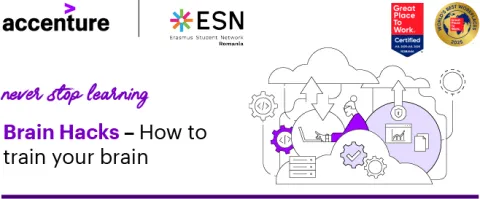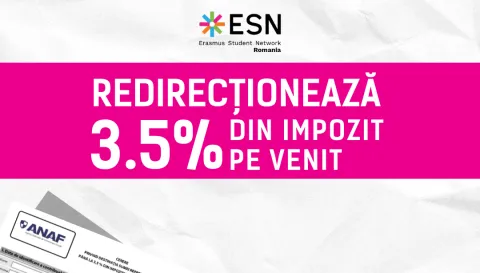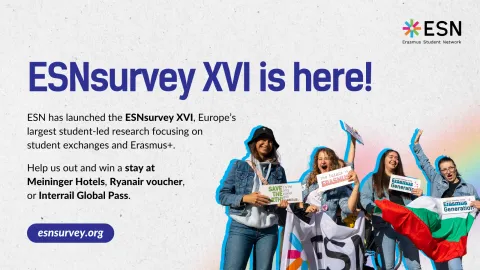
Learn New Ways to Learn - Brain Hacks with Accenture #4
No matter where you are in your professional path, just starting out, building expertise, or leading the way — the future of work is unfolding around you. We’ve gathered key takeaways from Accenture’s Pulse of Change research to help you navigate this evolution with clarity and purpose.
Read more

